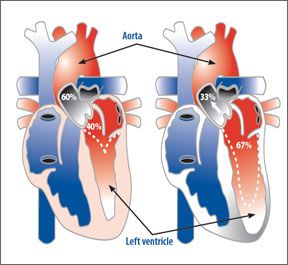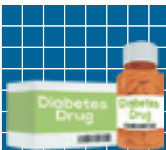The causes of cardiomyopathy, a disease of the heart muscle that results in reduced pumping ability, often can be difficult to determine. But new research shows that a combination of beta blockers and angiotensin-converting enzyme (ACE) inhibitors or angiotensin receptor blockers (ARBs) may be the answer for many patients. Cleveland Clinic cardiologist Randall Starling, MD, MPH, last fall presented preliminary results of a study of 260 patients with acute idiopathic (from an unknown cause) cardiomyopathy. The patients were put on a standard regimen of beta blockers and ACE inhibitors or ARBs, under guidelines determined by the American Heart Association (AHA) and the American College of Cardiology. The study showed that a healthy left ventricular ejection fraction-the percentage of blood pumped from the ventricle with each heartbeat-was achieved within six months for about one half of the participants.
To continue reading this article or issue you must be a paid subscriber.
Sign in






